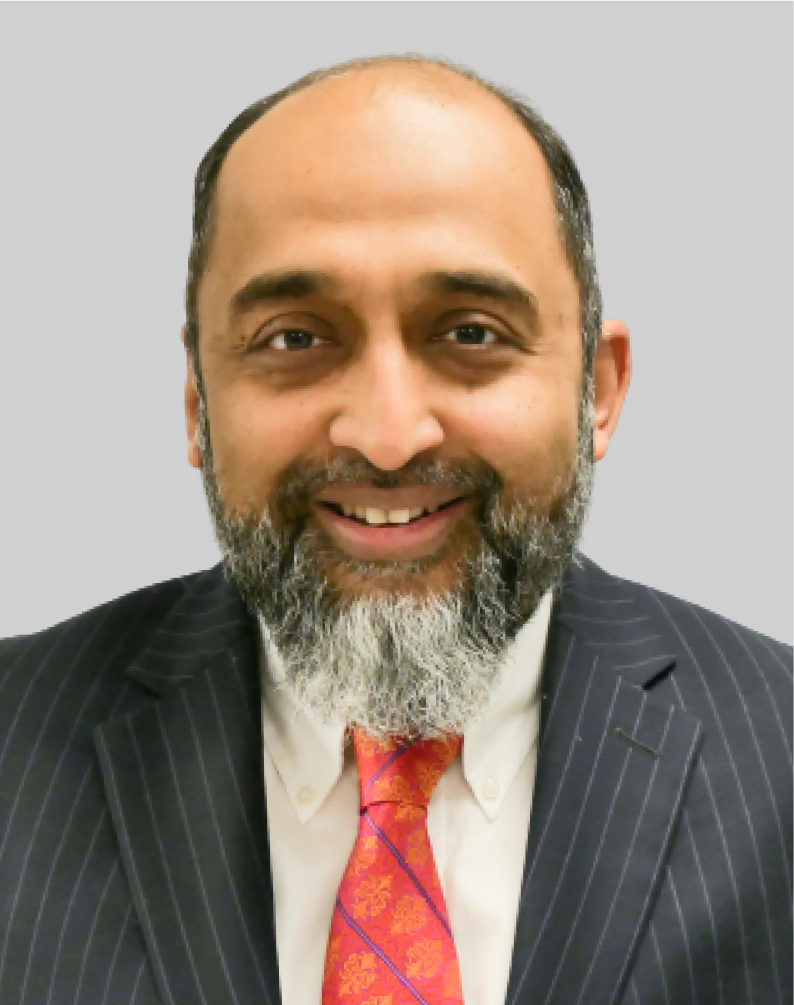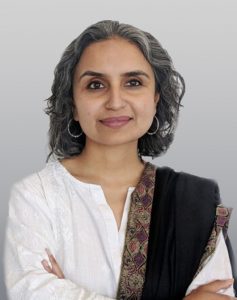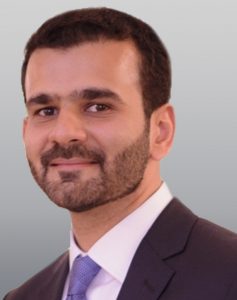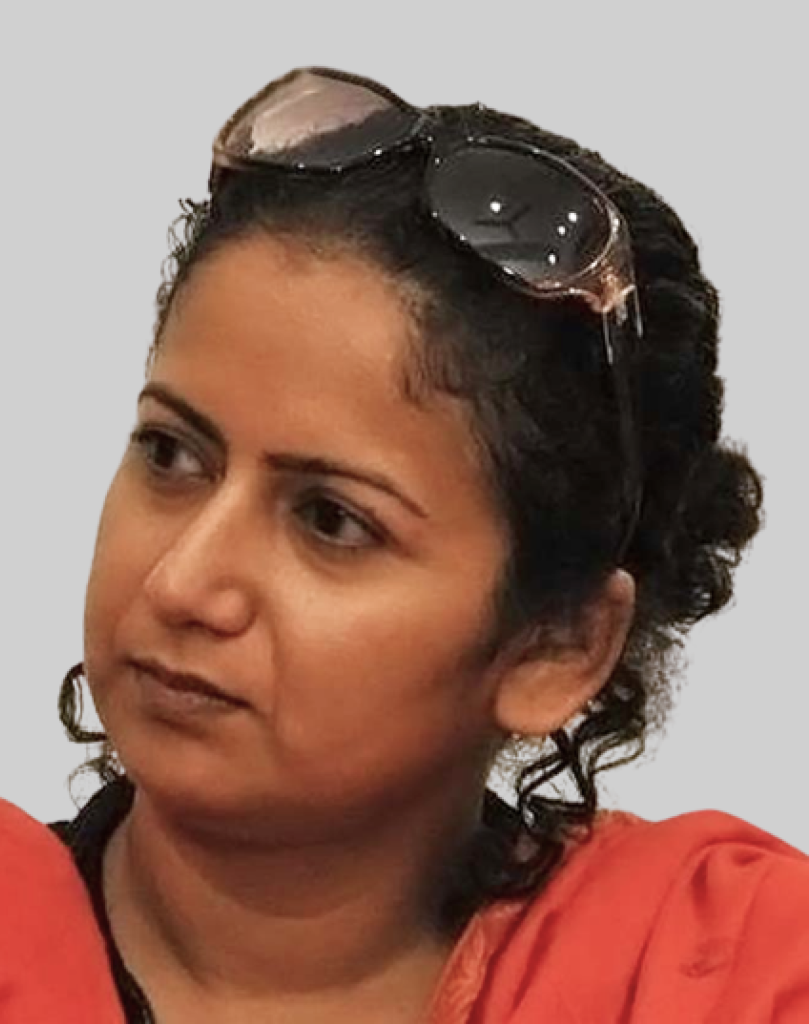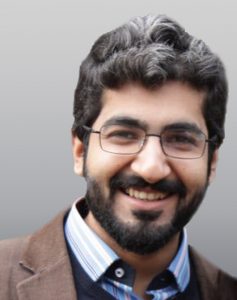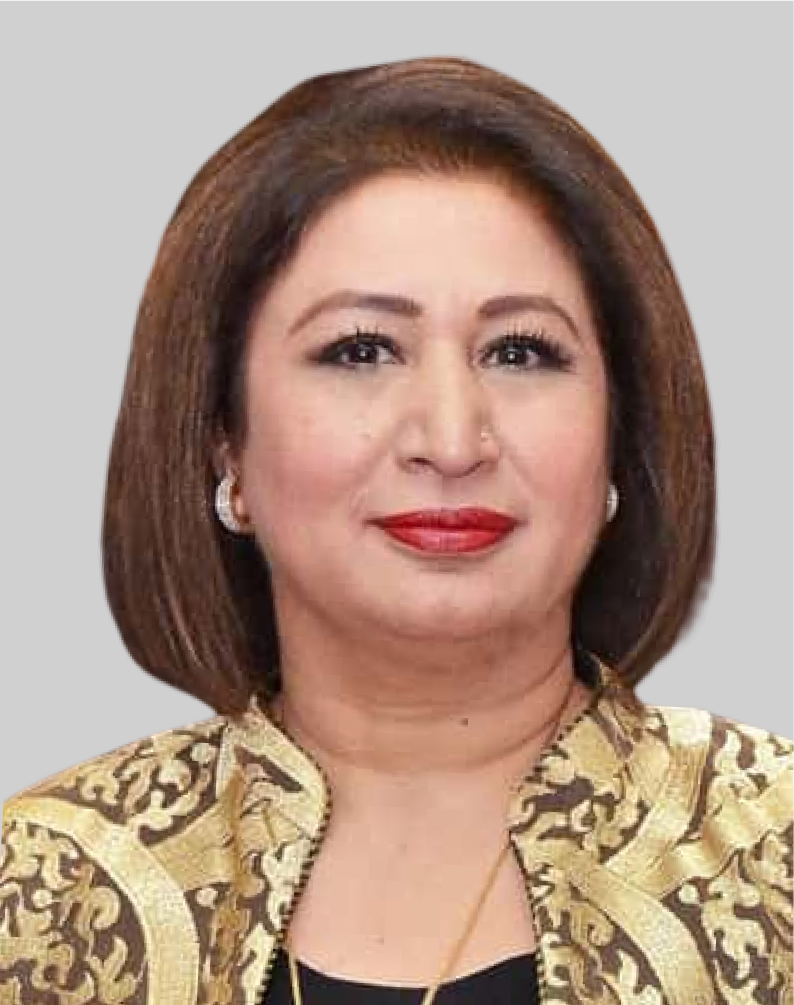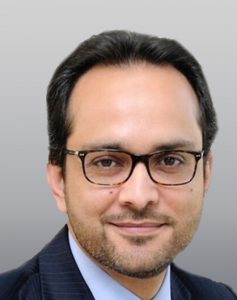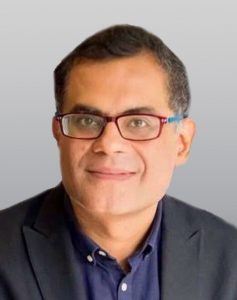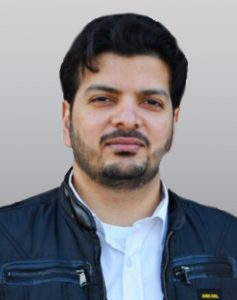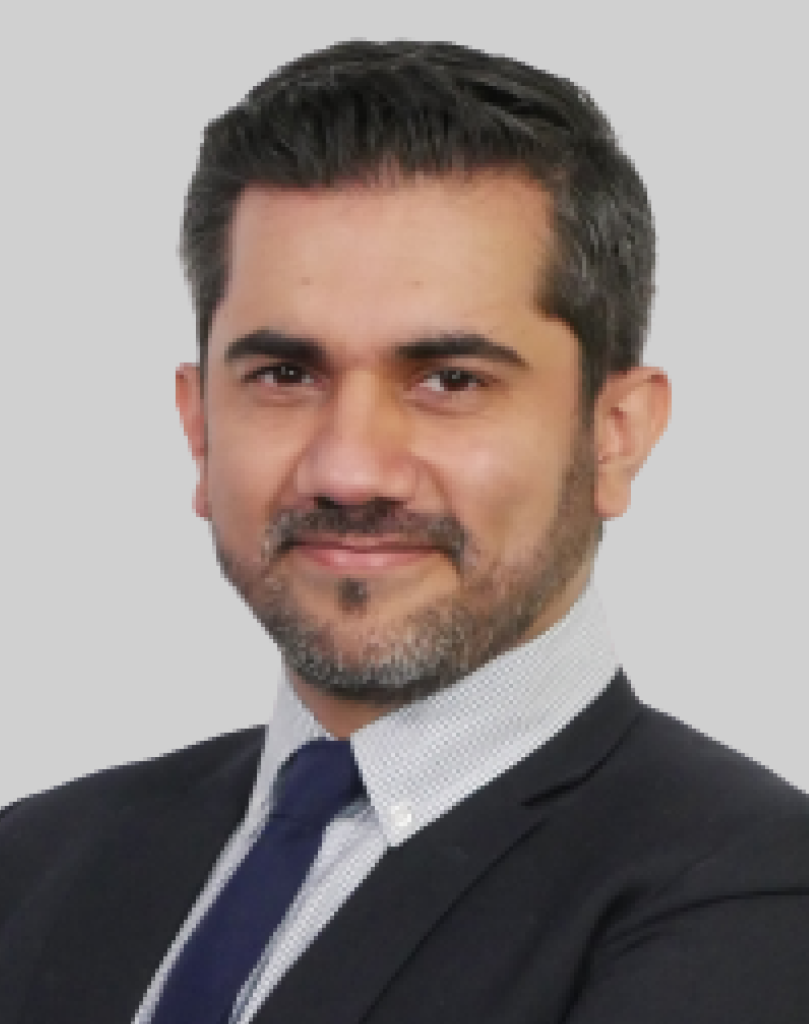
Zeeshan Salahuddin has previously served as Director Strategy, Programs, and Communications for the Center for Research and Security Studies. He has a master’s degree in Corporate Communications and Strategic Management from Ithaca College, New York. Zeeshan’s research focuses on security studies, particularly religious and political extremism in Pakistan, and its priorities in an increasingly multipolar world. He frequently writes for The News, The Friday Times, Dawn, The Diplomat, Foreign Policy, and others, and occasionally provides analysis on BBC and CNN.
Zeeshan Salahuddin
Director, Centre for Regional and Global Connectivity
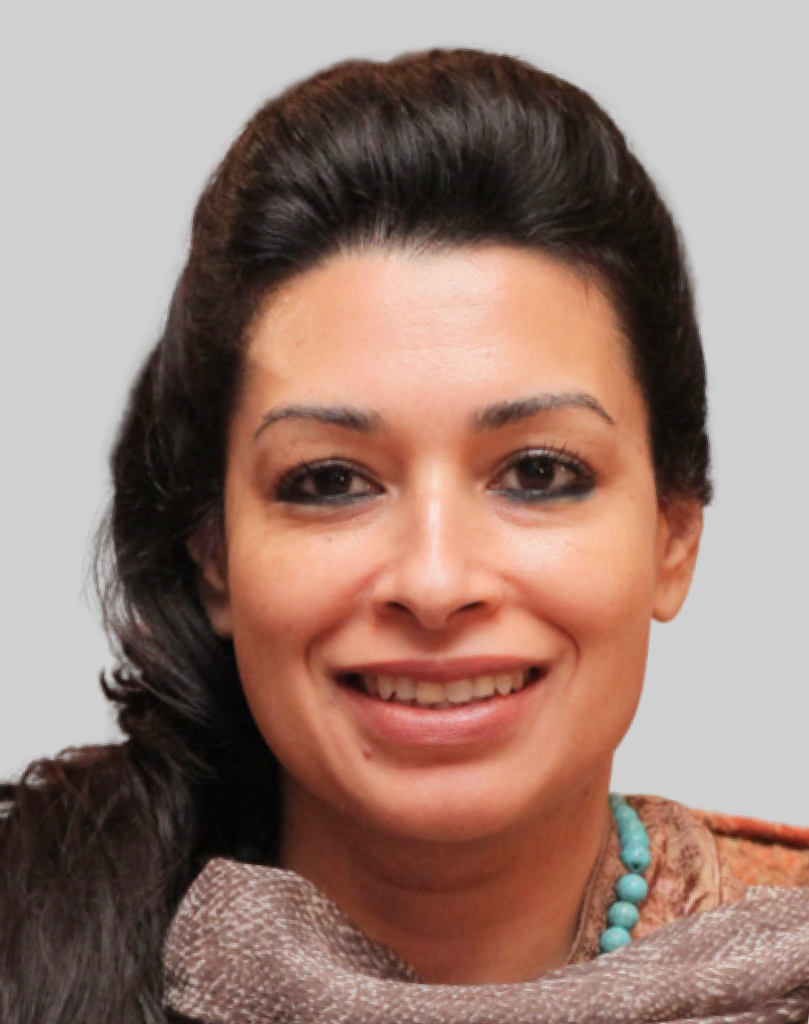
Samia Liaquat Ali Khan is a strategic and progressive leader, with over 25 years’ global experience in designing, building, and advancing programs designed to lift the lives of humans affected by poverty and conflict. As Senior Group Head at the Pakistan Poverty Alleviation Fund (PPAF), she designed and led the $150 million National Poverty Graduation Program (Ehsaas Amdan), with the aim to engage with nearly half a million households through asset transfers, interest free loans and skills training. While in the UK, Samia led programmes covering countries within Southeast Europe, Central and East Africa, South Asia and the Middle East region, with a focus on inclusion and gender. Samia began her career working with schools and communities in the urban slums of Karachi, with a focus on improving health and education access for mothers and children.
Currently Samia is the Director, Impact at Tabadlab, an impact advisory firm / think tank that offers a blend of thought leadership and knowledge products to policy makers and other stakeholders across the domains of governance, policy and strategy. Samia’s educational background includes an MSc in Development Studies (University of London) as well as a Masters in Public Administration from Columbia University (New York).
Samia Liaquat Ali Khan
Director, Impact

Dr. Ammar A. Malik is a Senior Research Scientist at AidData, where he leads the Chinese Development Finance Program that develops pioneering methods, such as the Tracking Underreported Financial Flows (TUFF) methodology, to track and analyse the financing activities of non-traditional donors in developing countries. Dr. Malik's research covers several themes within international development: spatial structures of cities, transport infrastructure investments, labor markets, public service delivery, forced displacement, and gender. An expert in urban development policy, he has delivered technical assistance to over 50 city governments around the world. Dr. Malik obtained his PhD in Public Policy from George Mason University, MA in Public Affairs from Institut d’Etudes Politiques (Sciences Po) Paris, and MA in Public Policy from the Lee Kuan Yew School of Public Policy at the National University of Singapore.
Dr. Ammar Malik
Non-Resident Senior Fellow
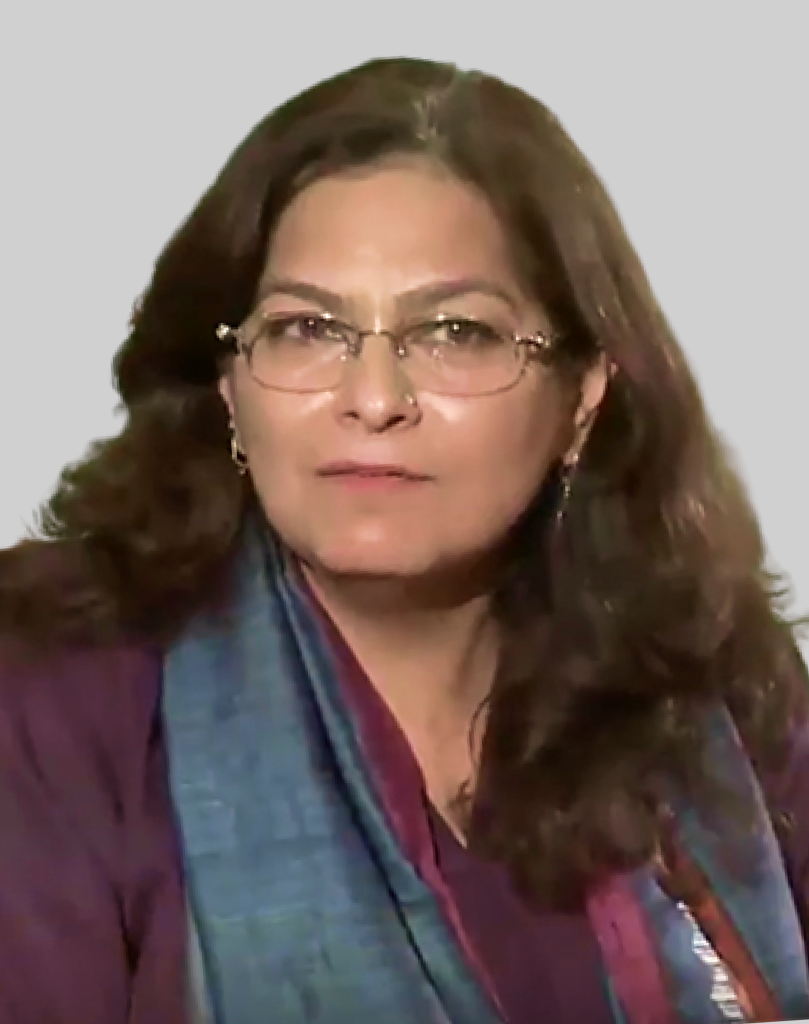
Umbreen Arif has more than 20 years of experience in the education sector, providing policy advice, technical and analytical support, program supervision and coordination with donor and government partners in Pakistan.
Umbreen Arif
Non-Resident Senior Fellow
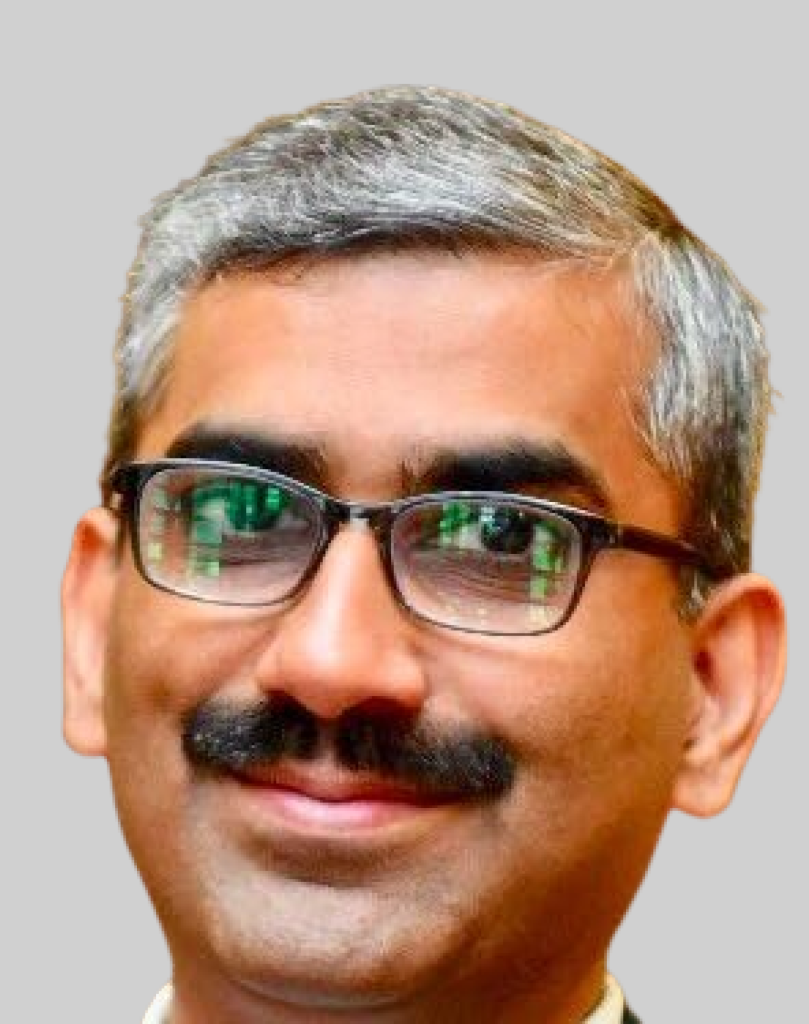
Navid brings over two decades of experience in setting up and growing technology centric businesses in international markets. Most recently, he was responsible for Cisco’s Web-Scale, Cloud and Global Accounts segment in APJC based in Singapore. He has been advising early stage tech companies to expand their global footprint across Europe, Middle East and Asia Pacific. He is a certified board director having been on the Board of American Business Council. He has also attended executive education programs at MIT Sloan and INSEAD.
Navid Qazi
Non-Resident Senior Fellow

Adam Weinstein is a Research Fellow at the Quincy Institute. He previously worked for KPMG where he assisted multinational clients in navigating Asia’s changing trade landscape, incorporating human rights due diligence into supply chains, and managing sanctions risk. As a consultant for the University of Maryland’s Center for Advanced Study of Language, he produced a report sponsored by the National Counterproliferation Center that analysed the cultural and political factors that impact Saudi nuclear policy.
Adam’s current research focuses on security, trade, foreign policy, and
rule of law in Afghanistan and Pakistan. He is a member of the American
Pakistan Foundation’s Leadership Council. Adam’s analysis on Afghanistan
and Pakistan has been featured in Foreign Policy, War on the Rocks,
Lawfare, and The National Interest.
Adam Weinstein
Non-Resident Senior Fellow


